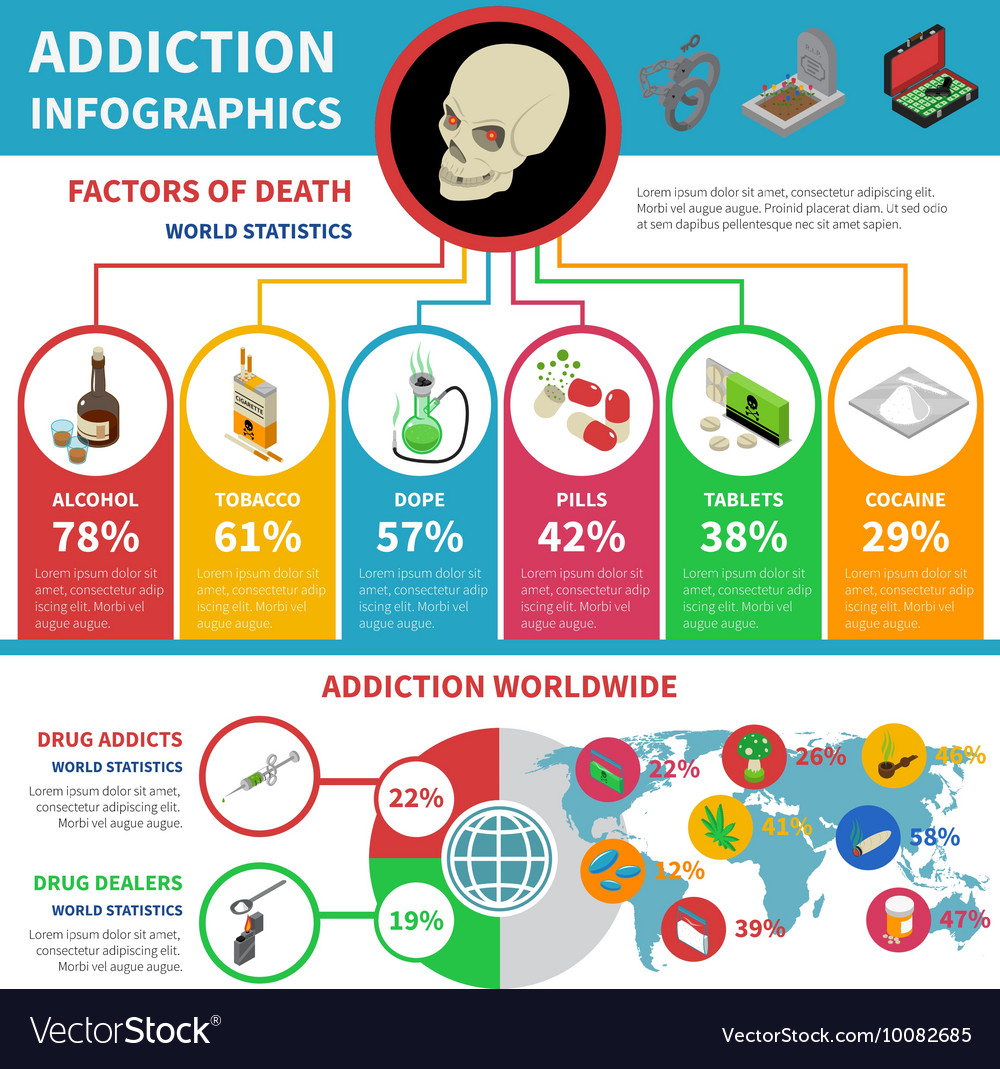Why Aftercare In Drug Rehab Is Essential For Long-Term Recuperation. Learn Exactly How Support Group Can Aid You Remain Sober And Develop A Meeting Life
Why Aftercare In Drug Rehab Is Essential For Long-Term Recuperation. Learn Exactly How Support Group Can Aid You Remain Sober And Develop A Meeting Life
Blog Article
Material By-Henry Finch
You can not do it alone. Recuperation from drug dependency requires a strong support system.
The significance of aftercare in drug rehab can not be overemphasized. In this article, we will discover the duty of counseling, the advantages of therapy, and the structure provided by peer support system in preserving soberness.
So, get hold of a cup of coffee, unwind, and let us direct you with the vital actions of post-rehabilitation support.
The Role of Counseling in Aftercare
If you want to preserve your sobriety after leaving rehabilitation, it's crucial that you continue joining counseling sessions as part of your aftercare plan.
Counseling plays an important function in your recovery trip by offering recurring support, advice, and a secure area to express your sensations and issues.
With therapy, you can deal with any type of underlying issues that might have added to your addiction, establish coping approaches, and discover healthier methods to manage anxiety and food cravings.
It enables you to resolve any unresolved feelings and create a far better understanding of yourself and your triggers.
The Benefits of Therapy in Preserving Soberness
To maintain your soberness, therapy can give numerous advantages.
- Treatment offers a secure area for you to explore and deal with the underlying concerns that may have added to your addiction.
- It allows you to work through your emotions and establish healthier ways of dealing with tension and sets off.
- Via treatment, you can acquire a better understanding of yourself and your patterns of habits, which can assist you make positive modifications in your life.
- In addition, treatment offers you with a support system of specialists that are trained to guide and help you on your trip to recovery.
- They can use important insights, tools, and strategies to help you browse the obstacles that may arise.
- In treatment, you can learn to create healthy coping skills, develop durability, and improve your general well-being.
Peer Support Groups: A Structure for Lasting Healing
You can find long lasting healing by proactively taking part in peer support system and connecting with others that share similar experiences and goals.
https://squareblogs.net/sharie516tish/below-are-some-indicators-that-might-show-the-demand-for-drug-rehab provide a safe and non-judgmental room where individuals in recovery can collaborate to share their struggles, successes, and understandings. By actively participating in these groups, you can obtain the support and motivation you require to remain on the path of healing.
Getting in touch with others that've experienced similar experiences can be exceptionally equipping, as it helps you realize that you aren't alone in your journey. It additionally allows you to learn from others who have actually efficiently conquered comparable obstacles. Together, https://telegra.ph/Leading-The-Course-To-Recovery-A-Detailed-Strategy-For-Conquering-Drug-Dependency-04-25 can celebrate landmarks, hold each other liable, and offer support and advice.
Via these links, you can build a solid support group that will aid you browse the ups and downs of recovery and ultimately locate long lasting recovery and change.
Conclusion
You've discovered the crucial function of aftercare in drug rehabilitation. Therapy, therapy, and peer support system contribute to lasting recuperation. Here's https://zenwriting.net/laverne235danelle/smashing-irons-reclaiming-your-lifes-possible-with-addiction-therapy-guidance to understand the size of the problem: research studies show that individuals who receive aftercare treatment are 50% more likely to maintain soberness contrasted to those who do not.
So, imagine the transformative power of these support systems in helping people redeem their lives and develop a brighter, drug-free future.
